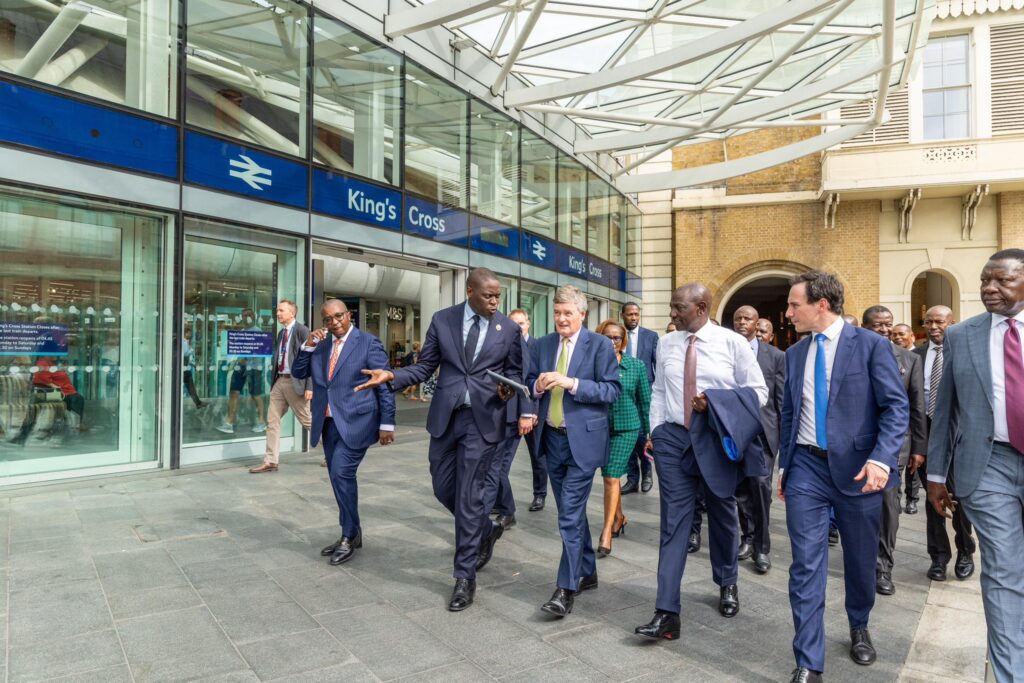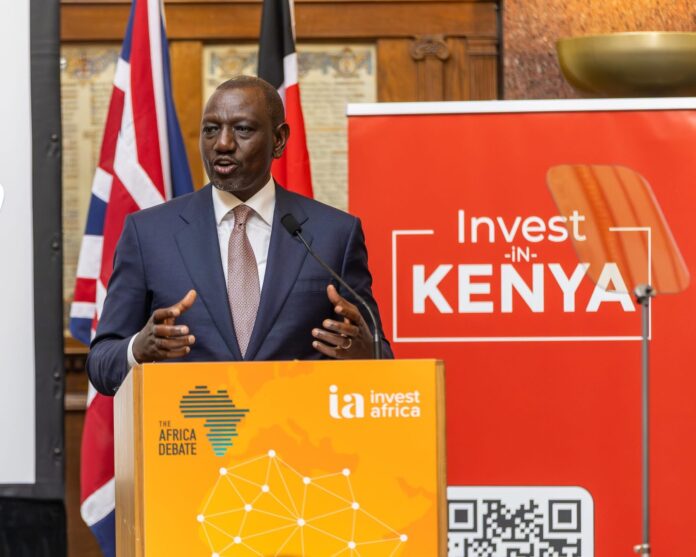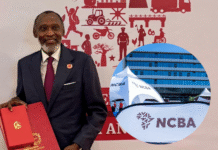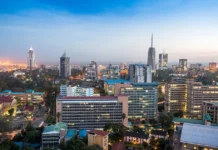President William Ruto on Tuesday spotlighted railways, as the unlikely centrepiece of Kenya’s economic rebirth.
Speaking at the Kenya Investment Forum in London, held on the sidelines of The Africa Debate, President Ruto made a compelling case for infrastructure as the silent engine powering Kenya’s quest for global competitiveness.
While much of the forum centred on agro-industrial value chains, digital services and green energy, it was his surprise stop at King’s Cross Station that caught seasoned observers off guard.
“We are drawing lessons from the UK’s successful system to deliver a modern railway fit for Kenya,” the President said after a guided tour of the iconic London terminus. “A well-connected country is a well-performing country.”
In a city known for its complex networks of underground tubes and overground rail lines, Ruto’s focus on transport infrastructure placed him in lockstep with a new global understanding: that logistics matter.

His visit to King’s Cross was clear about investment in rail transport, often considered the unglamorous underbelly of development, as the lever that could unlock Kenya’s prosperity.
Later in the day, the President held high-level discussions with British Prime Minister Keir Starmer at No.10 Downing Street.
At the centre of those talks was the finalisation of financing for the Nairobi Railway City Project—a flagship initiative designed to turn the capital into a multi-modal, modern transport hub.
Observers note that by anchoring his pitch to global investors around rail, Ruto is crafting a narrative that distinguishes Kenya from its African peers.
Where others lead with natural resources or digital innovation, Kenya is offering reliable movement of goods, people, and capital.
“Despite escalating tariffs, supply chain disruptions and geopolitical tremors, our economy remains resilient,” Ruto told delegates. “We’re making it easier not just to invest in Kenya, but to move through it.”
Insiders say the President’s approach is not accidental. With Africa’s urban population expected to double by 2050, mobility and logistics are emerging as make-or-break sectors for the continent’s competitiveness.



















